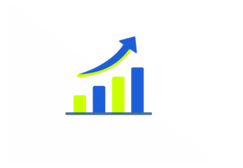Economic Calendar
Maximize Your Trading Potential
Don’t let the market catch you off guard. Make the economic calendar a regular part of your trading routine and start planning your trades with confidence. By anticipating key events and understanding their potential impact, you’ll be better prepared to take advantage of market opportunities while managing risk effectively.
Advantages of ROCO Economic Calendar

Make more informed trades

Enhance your market analysis

Risk Management In Trading

Time your entries and exits

Spot trading opportunities

Stay ahead market moves

Integration with Trading Tools

User- Friendly Interface calender

